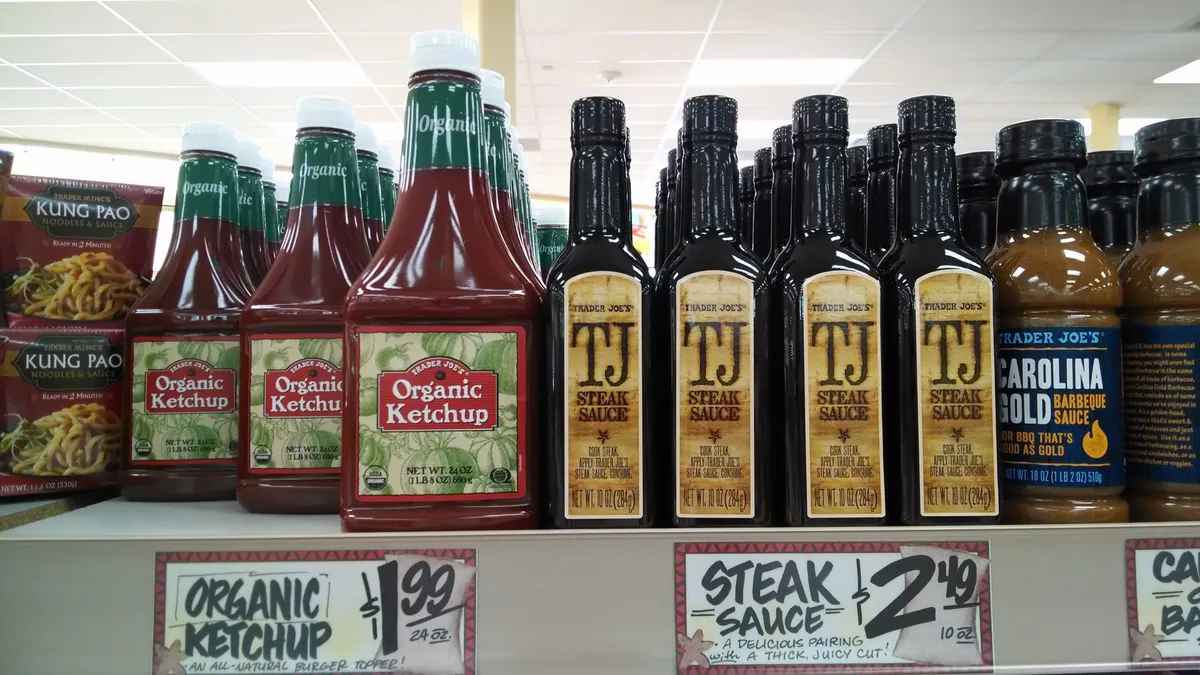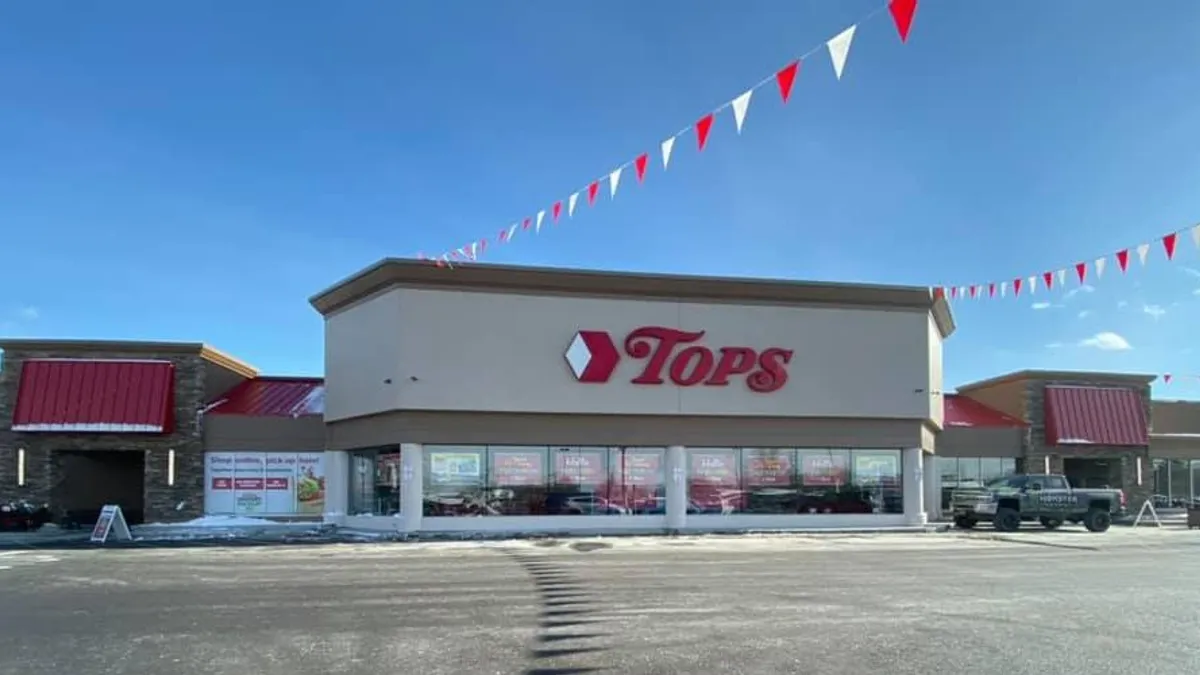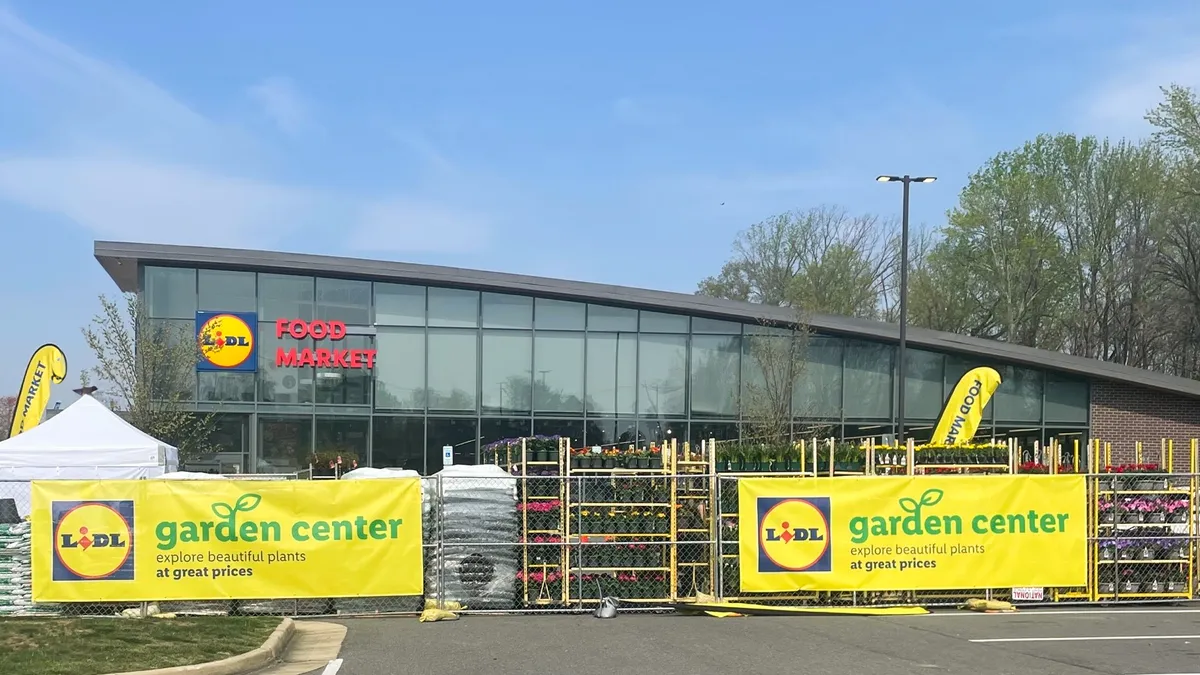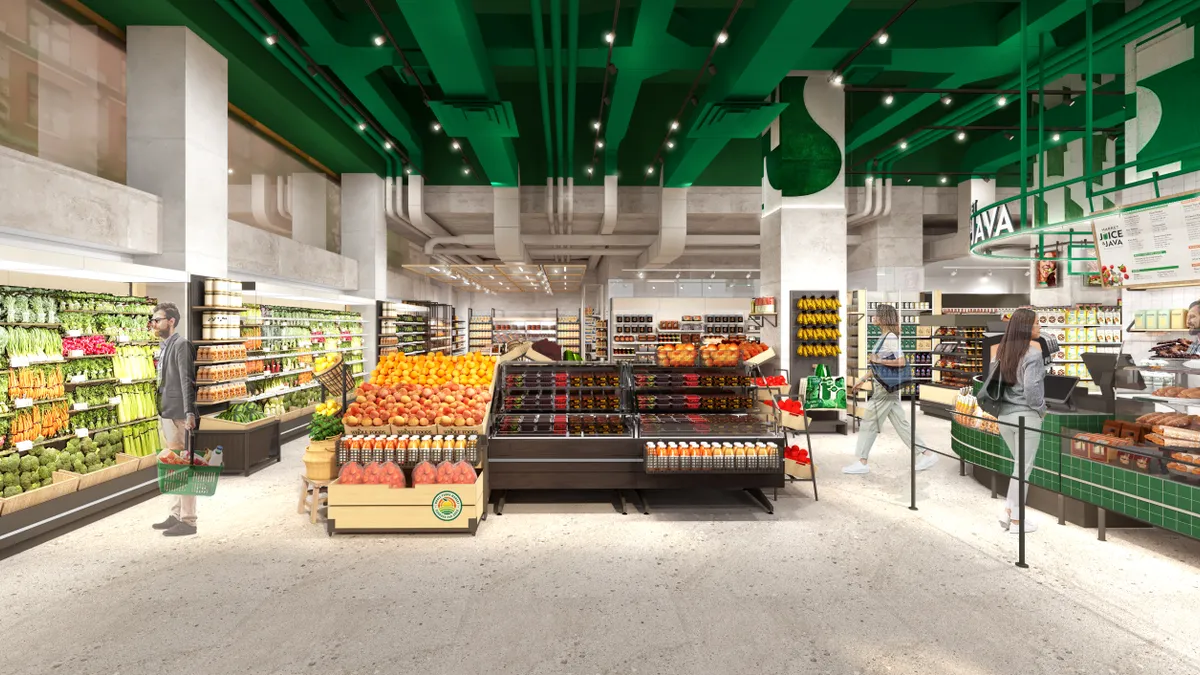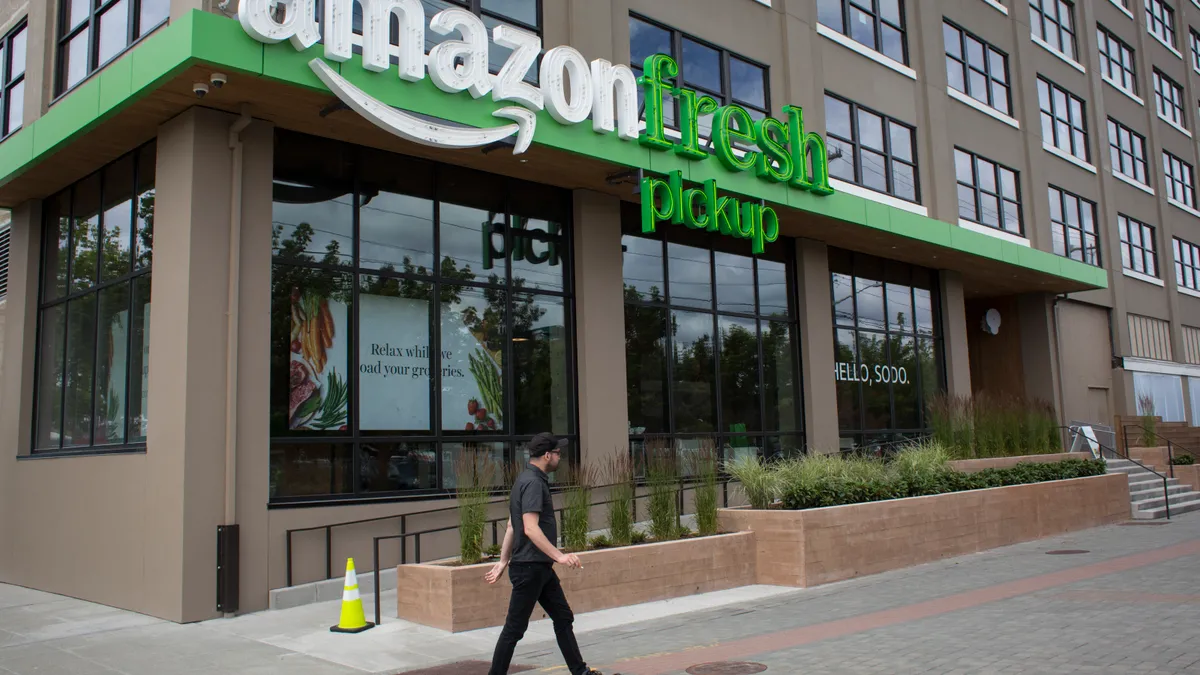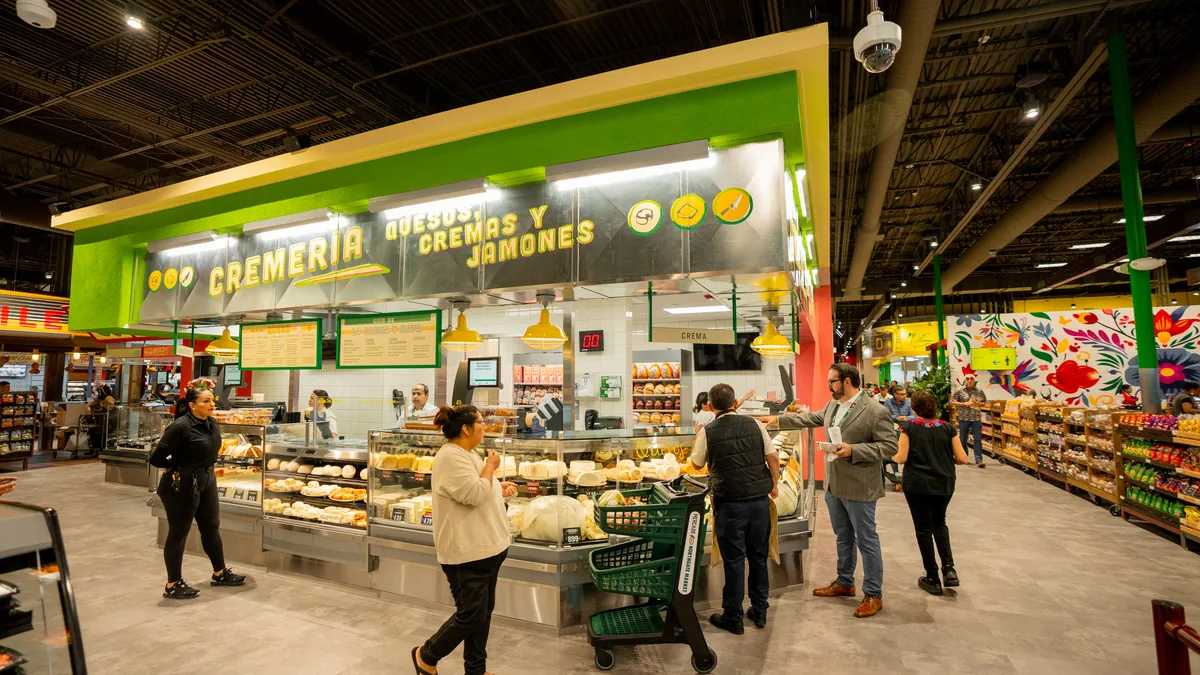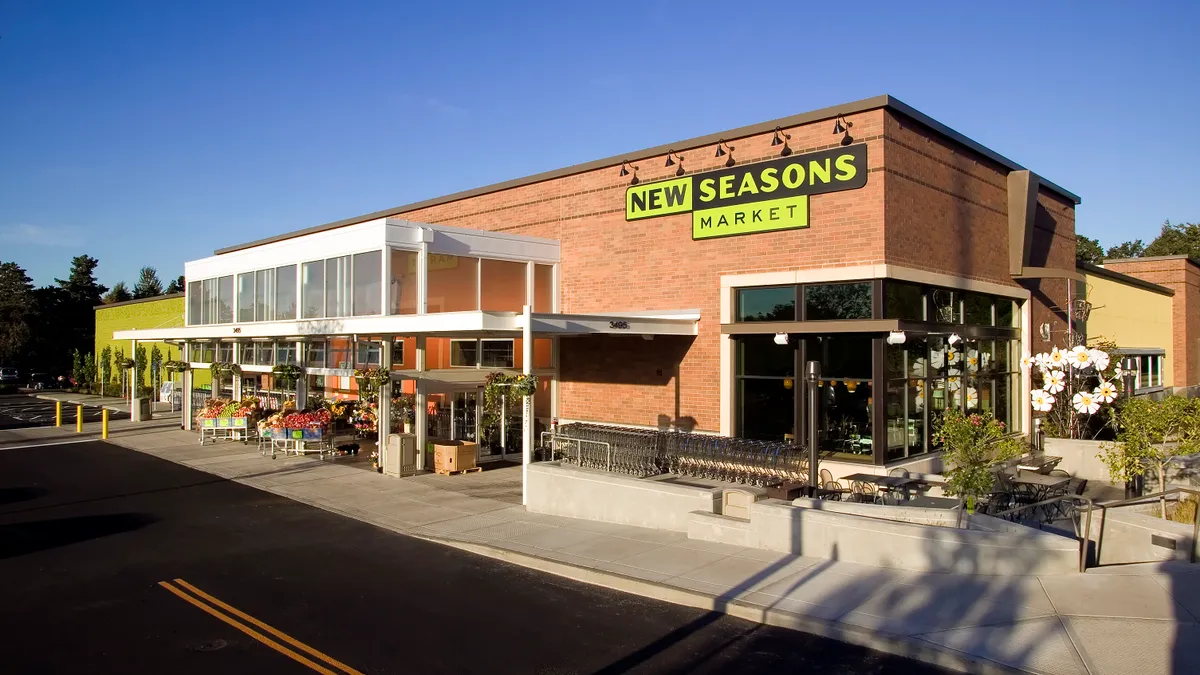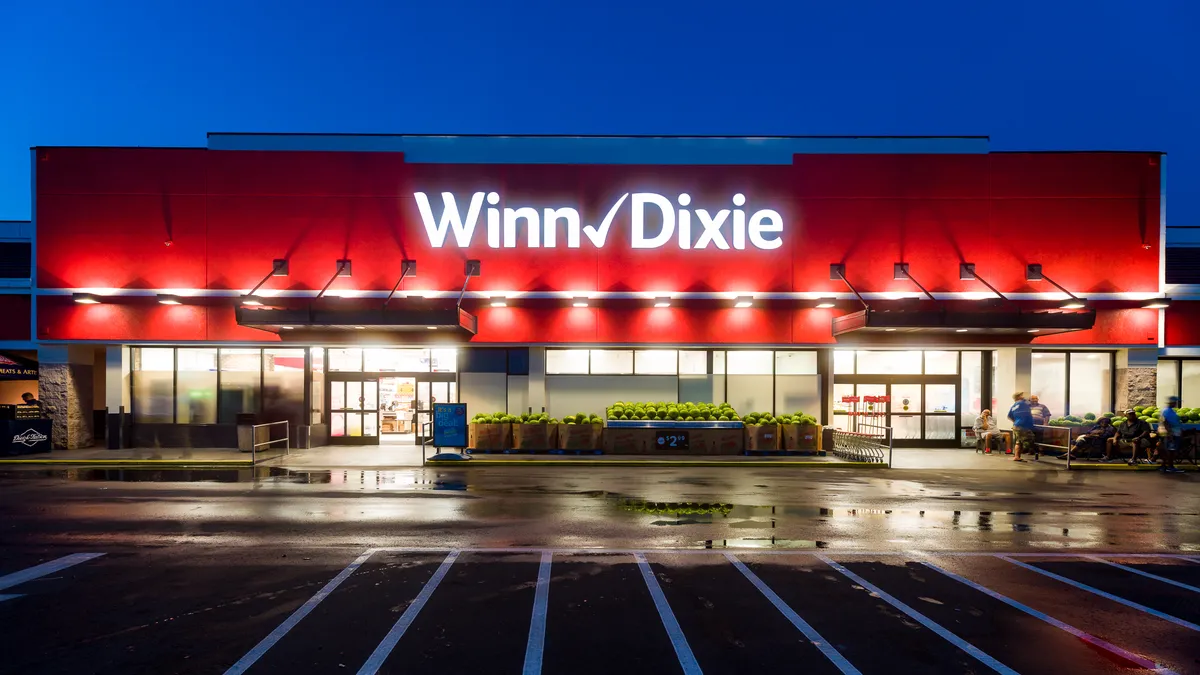Decades ago, private label products were easy to pick out on grocery store shelves. While national brands had colorful packages with pictures and words describing product quality, private label brands were called "generic," with bland packaging and branding. Consumers then often considered private label products to be of inferior quality compared to the national brands they stood next to.
But now, all of that's changed. As retailers seek ways to differentiate themselves from one another and develop customer loyalty, investing in their private labels has become a focal strategy. Store brand sales reached an all-time high of $118.4 billion last year, cornering a record 17.7% of the total market, according to the Private Label Manufacturers Association’s (PLMA) 2016 Private Label Yearbook.
It’s important for branded product manufacturers to understand the strengths and weaknesses of both types of products and manufacturing styles. This way, they can better compete with — or work alongside — retailers’ store brands.
Branded products: How manufacturers stack up against private label
Advantage: Visibility, brand recognition and trust
A key advantage for national brands is that consumers easily recognize them on shelves, which means increased visibility, and often increased trust from consumers.
“If you have a very strong brand, a No. 1 or No. 2 brand, you're in very, very good shape here,” Lou Biscotti, partner and global practice leader at WeiserMazars, LLP, told Food Dive. “If not, it creates a problem.”
Demographics and market share play a role in this trust and visibility, analysts said.
“Given their willingness to pay a premium for national brands they trust, multicultural households are likely to continue to invest in national brands if they continue to provide the quality they demand,” Jordan Rost, vice president of consumer insights at Nielsen, told Food Dive, referring to a Nielsen report on private labels’ acceptance by multicultural households.
“It would appear that the decision of whether to buy store or national brands comes down to trust,” Rost continued. “If branded goods are going to continue to lead multicultural consumption, they'll have to continue to earn that trust with every purchase experience.”
Advantage: Larger advertising budgets
Branded product manufacturers often have more leeway in their marketing budgets than retailers and their private label brands, so they can spend more on TV, print and digital advertising. But not having to invest in as much marketing is also a reason private labels can keep their costs down and offer consumers a lower price point for a similar product.
“(Brands) can afford to spend money on advertising — TV, print, etc. — which some of the smaller companies and private label manufacturers wouldn't do,” said Biscotti.
“If you think about any of the retail chains, they're rarely on television,” said Biscotti. “They rarely have a lot of print advertising. They'll go with inserts in newspapers, saying they have certain products on sale, etc. But I don't think they can come close to branded manufacturers in terms of the level of advertising dollars they spend.”
Advantage: More experience perfecting supply chain and ingredient sourcing
With the years of experience legacy brands have behind them and the millions, if not billions, of individual products they manufacture and distribute each year, branded product manufacturers are more likely to have worked out many of the kinks in their supply chains, ingredient sourcing and manufacturing techniques. The same can’t always be said for private labels.
“In a private label situation, you might be one of several products that are handled by their contract manufacturer, and you could have difficulty in terms of sourcing product and getting the right effort from the contract manufacturer to produce your product,” said Biscotti. “It can get dicey for someone that's using a contract manufacturer because they don't have the same level of importance to that contract manufacturer.”
Private label: How retailers’ store brands measure up
Advantage: Shelf space ownership and profitability
A key source of revenue for retailers is selling shelf space to manufacturers. As another option, retailers can fill that shelf space with their own private label brands, which could be more profitable.
“(Retailers) are selling shelf space, and sales per square foot is what really counts to them,” said Biscotti. “They're very conscious of the terms and what products they carry, and they'll delist a product quickly if it's not turning over. On average, a private label brand will deliver 8% to 10% higher margins, so there's more profitability for them there.”
Disadvantage: More risk if products don’t succeed
That potential profitability doesn’t come without a risk. A failed product means losing out on the profits from having sold branded products — and the shelf space they’d occupy.
“(Retailers assume) more risk because if the brand doesn't take off, there could be problems,” said Biscotti. “While it's much more profitable, …they have to invest in the brand, packaging, package design and ingredients, and hope that the product sells well, because otherwise they'll lose money.”
Advantage: Better control over inventory orders
Branded product manufacturers can try to predict inventory shifts at all of their varied retail channels, but no entity can understand inventory movements better than the retailer itself.
“(Retailers) can order the goods when they want and demand exactly what the specifications are in the product that they want,” said Biscotti. “But they also have to be careful because they need a very good private label manufacturer. Some will have more than one brand that they're dealing with, and they may not give the brand the time and attention that it requires. They need good service. They need someone that has good demand planning, and that's efficient.”
Disadvantage: Less brand trust and recognition
Just as national brands can benefit from brand trust and recognition, retailers’ store brands can struggle with the lack of it.
“Across the board, multicultural households are more likely to say they don't know enough about store brands to want to try them,” said Rost. “Compared to non-Hispanic white households, multicultural households are also more likely to say they have a tough time finding store brands in their grocery stores. …If retailers want to drive more multicultural consumption of their store brand, they'll need to improve their education efforts around the offerings provided by their private labels, and tailor those offerings to the unique demands of multicultural families.”
Advantage: Mixed strategy and multi-tiered pricing for products
Private labels are exploring more segmentation strategies to offer multitiered price points of products, ranging from value buys to premium varieties.
“Many chains use a mixed strategy,” said Biscotti. “They might take the No. 1 and No. 2 (national) brands in that category and have those stocked in the store. Then they might have a premium private label product and a low-cost private label product. By mixing and matching that strategy appropriately, (retailers) can gain some real momentum.”
Regardless of how they work together, branded products and private labels will continue to coexist at grocery retailers as both categories seek increased visibility and consumer loyalty.
“The bottom line is it's all driven by economics,” said Biscotti. “It's consumers looking for better prices and still good quality. It's retailers looking for better margins. It's branded product manufacturers looking to fill up capacity, as well as the contract manufacturers. So it's about economics, and I think those economics are well placed right now.”


